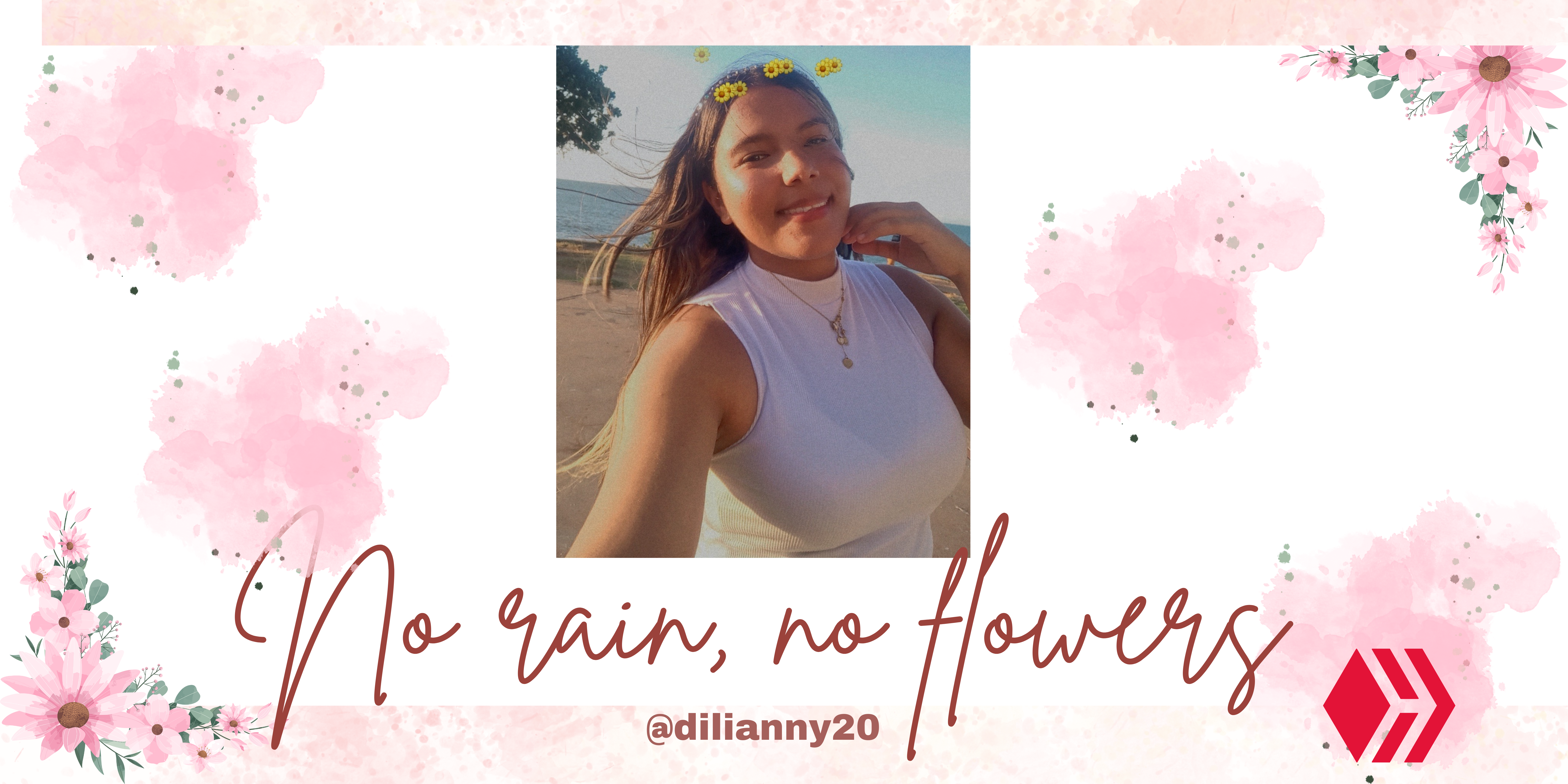 |
|---|
Fotografía de mi propiedad, editado en canva
|
 |
|---|
Fotografía de mi propiedad, editado en canva
|
Establece límites con la "investigación"
Google es el peor enemigo de un hipocondríaco. Buscar síntomas en internet solo alimenta el miedo, ya que cualquier dolor de cabeza puede llevarte a un diagnóstico de una enfermedad rara y mortal, y si no me crees hazle una pregunta y verás, debemos romper ese mal hábito:
Necesitaremos establecer una regla, es decir no buscar síntomas en línea. Si tú sientes la necesidad de hacerlo, distraerte con otra actividad durante al menos 15 minutos.
Limita las visitas al médico:** Si bien es importante que consultes a un profesional cuando lo necesites, visitar al médico con cada síntoma menor refuerza tu ansiedad. Ten un médico de confianza y, una vez que te dé un diagnóstico y te asegure que estás bien, confía en su opinión.
** Conecta con tu cuerpo de forma positiva**
La hipocondría te hace ver a tu cuerpo como una fuente de amenazas. Es hora de cambiar esa percepción y verlo como un aliado. * Haz ejercicio suave: Actividades como el yoga, caminar o nadar te ayudan a sentirte fuerte y conectado con tu cuerpo de una manera saludable, en lugar de centrarte en las sensaciones negativas.
Buscar apoyo
Hablar de lo que sientes es muy importante. Habla con alguien de confianza: Comparte tus miedos con un amigo o familiar que te entienda. El simple hecho de verbalizar lo que sientes puede aliviar la presión que sientes, no estamos solos .
 |
|---|
Fotografía de mi propiedad, editado en canva
|
 |
|---|
Fotografía de mi propiedad, editado en canva
|
Have you ever felt Hypochondriac? let's talk about it.
Some years ago, due to a recreational activity I had to experience anxiety about my health condition. It is a very difficult and exhausting experience. It is a cycle of constant worry that affects the mind and body, but it is important that it can be managed and thus improve. Hypochondria is not an invention, it is not something unreal, it is a very real condition that generates genuine discomfort, and the most important thing to overcome it is to change the relationship we have with our thoughts and our body.
Here are some tips and advice to help you manage hypochondria, in order for you to find peace and balance in your daily life, as I know from experience that it is not easy to calm our mind.
** Challenge the thoughts, not your symptoms**.
The first step is to understand that the problem is not the physical symptom (which may or may not be real), but the catastrophic interpretation we give it. That is, when you feel a discomfort, instead of immediately thinking of the worst disease we must improve the thinking, and recognize that we are having an anxious thought.
We can say out loud, “I'm thinking that this cough is a symptom of something serious”.
then let's question ourselves.
What real evidence do I have that this is anything serious?". “Is it more likely to be a common cold?”. Challenging your thoughts with logic helps break the cycle of fear.
We also need to Replace the thought: We need to choose a more realistic and calm alternative. Instead of thinking “I'm sick,” think “My body is experiencing discomfort, and it's most likely temporary and unimportant.”
🩵💙🩵💙🩵💙🩵💙🩵💙🩵💙🩵💙🩵💙🩵💙🩵💙🩵💙🩵💙🩵💙🩵💙🩵💙🩵💙🩵💙🩵💙🩵💙🩵💙🩵💙🩵
 |
|---|
Fotografía de mi propiedad, editado en canva
|
Set limits with “research ”**.
Google is a hypochondriac's worst enemy. Searching for symptoms on the internet only feeds fear, as any headache can lead you to a diagnosis of a rare and deadly disease, and if you don't believe me ask him a question and you will see, we must break this bad habit:
We will need to establish a rule, that is not to look for symptoms online. If you feel the need to do so, distract yourself with another activity for at least 15 minutes.
Limit visits to the doctor:** While it is important to consult a professional when you need to, visiting the doctor with every minor symptom reinforces your anxiety. Have a doctor you trust and, once he or she gives you a diagnosis and assures you that you are well, trust his or her opinion.
** Connect with your body in a positive way**.
Hypochondria makes you see your body as a source of threat. It's time to change that perception and see it as an ally. * Do gentle exercise** Activities like yoga, walking or swimming help you feel strong and connected to your body in a healthy way, rather than focusing on negative feelings.
Use your five senses:** Go for a walk and concentrate on what you see, smell, hear and feel. Concentrate on the smell of the sea, the evening breeze of your city, the sound of the birds, these are activities that I love to do.
**Seek support.
Talking about how you feel is very important. Talk to someone you trust: Share your fears with a friend or family member who understands you. Simply verbalizing what you are feeling can relieve the pressure you are feeling, we are not s olos . 🩵💙🩵💙🩵💙🩵💙🩵💙🩵💙🩵💙🩵💙🩵💙🩵💙🩵💙🩵💙🩵💙🩵💙🩵💙🩵💙🩵💙🩵💙🩵💙🩵
 |
|---|
Fotografía de mi propiedad, editado en canva
|
Translation in Deepl
